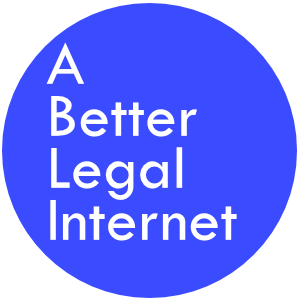Election government websites often aren’t .gov websites. Many of them have TLD (top-level domains) that are .coms, .orgs, or other domains. That means a search engine, social media platform, or other ‘broker’ of online information can’t automatically just send people to a government site. It’s hard to easily sort authoritative information from low-quality information.

See this report from the @Georgetown Foo Law Lab team that is hosted on @CenDemTech, the Center for Democracy & Tech. They scanned data on election-related URLs from the nonprofit Center for Tech & Civic Life. They found that 1 in 4 election websites are on .gov TLDs. Many of these civic, public interest, government sites are on other domains.
An earlier report from Steve Grobman at McAfee also found that US county election websites had many security flaws.
That makes it hard for these official, authoritative sites to “flood the zone” with high-quality elections information — and stop people from finding and relying on misinformation. They might be misled by groups that are impersonating an official site, or just might not find the official information.
Who can help more local election officials get onto more secure, authoritative sites — like .gov TLDs and https security? The article proposes some practical steps to address this, like support, education, and technical assistance to help often-strapped local officials with these technical & rebranding steps.
Similar analyses and strategies could be applied to courts and legal help sites. Many court clerks don’t have .gov or even .org domains. How can we get more of them on .gov domains — and get more of them flagged as expert, non-profit, and authoritative?
